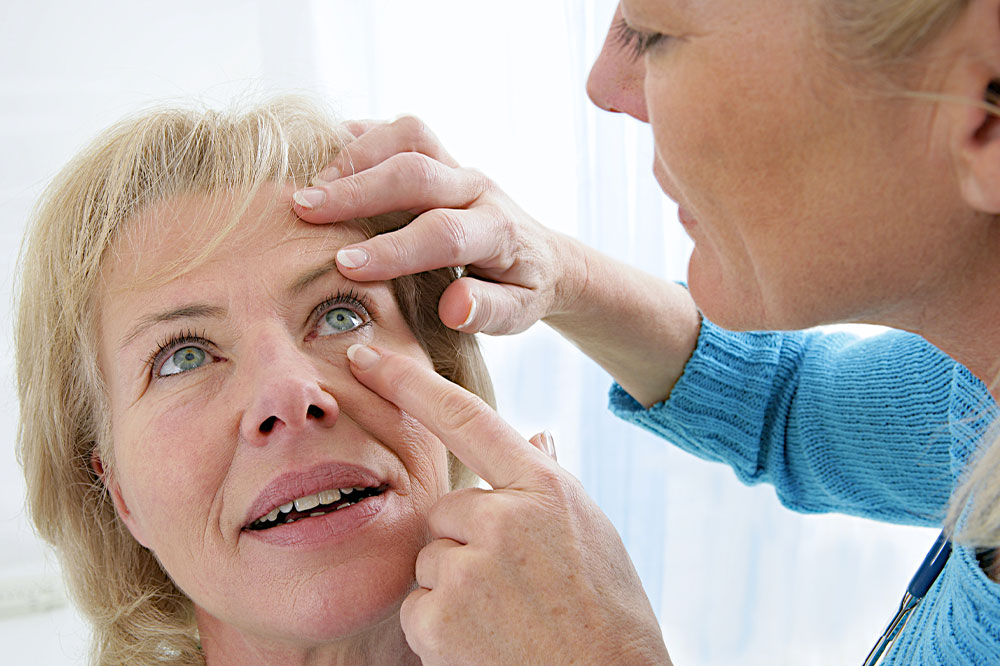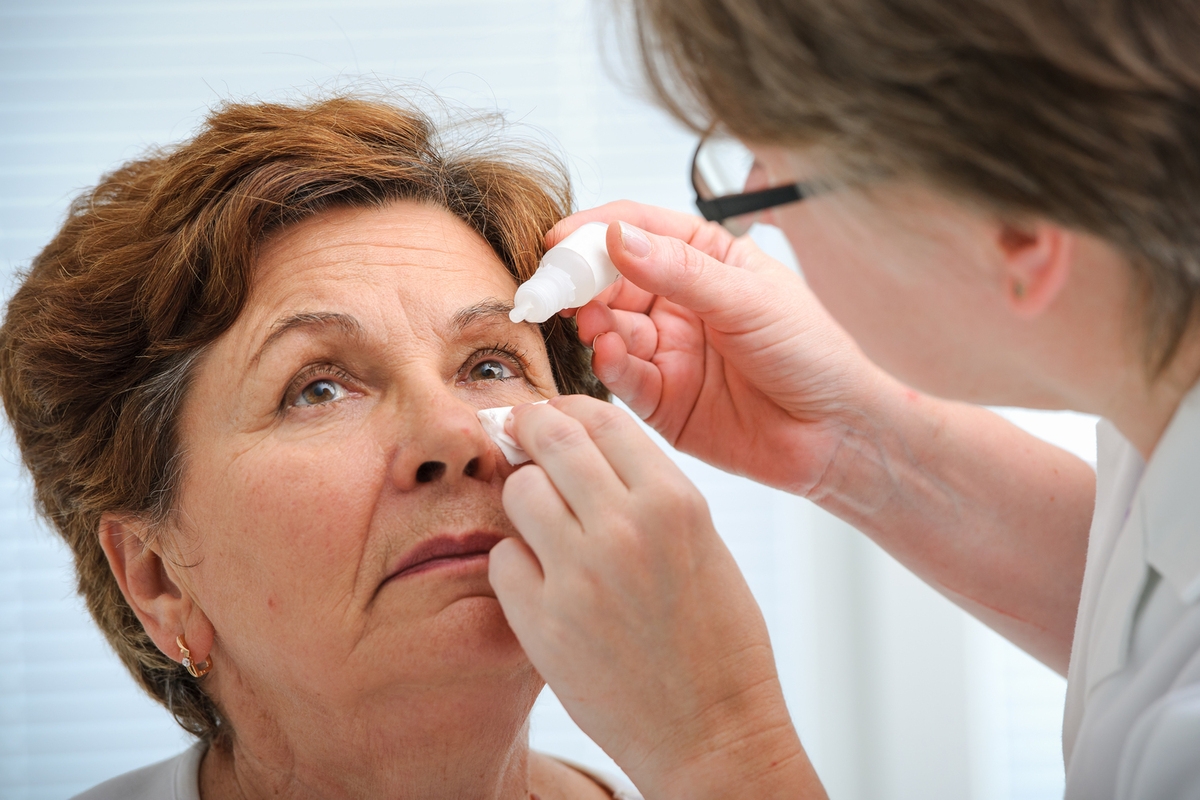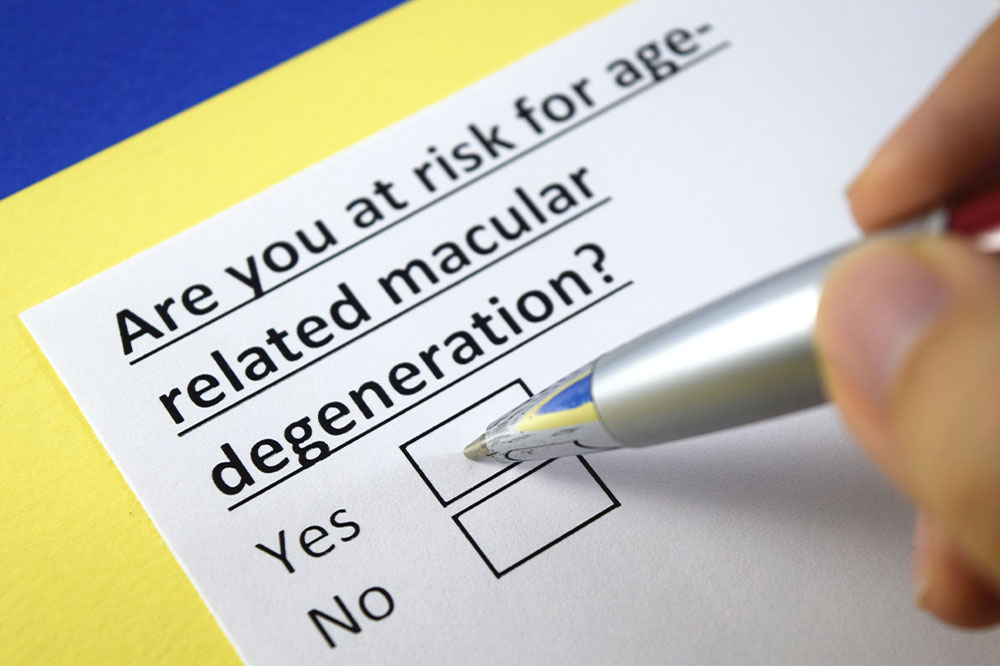Seven Strategies to Delay the Progression of Macular Degeneration
Learn effective approaches to slow the progression of age-related macular degeneration, including lifestyle changes, diet, and regular eye care. While reversal isn’t currently possible, early intervention can help preserve vision longer and improve quality of life. Discover practical tips to manage risk factors, monitor eye health at home, and enhance your overall eye wellness through professional guidance.

Seven Strategies to Delay the Progression of Macular Degeneration
Age-related macular degeneration (AMD) impacts central vision, leading to blurriness, difficulty recognizing faces, wavy lines, blind spots, and loss of vision essential for daily tasks like reading and driving. It’s a leading cause of vision impairment in those over 50. While reversing AMD isn’t currently possible, specific interventions can slow its advancement and alleviate symptoms. Experts recommend lifestyle adjustments, dietary changes, and regular eye care to manage the condition effectively.
Is reversal achievable?
Currently, there’s no cure to reverse AMD, but proactive measures can help maintain eyesight for longer.
Below are effective strategies to help slow AMD's progression:
Understand Your Family History
Knowing your family’s eye health history is crucial. Having relatives with AMD increases your risk. Be alert for symptoms like difficulty recognizing faces, distorted straight lines, or trouble adjusting to low light, which may indicate early signs of AMD.
Adopt a Nutrient-Rich Diet
Proper nutrition plays a key role in eye health management. Consuming foods high in vitamins and minerals can support retinal function.
Nuts and seeds supply antioxidants that combat cellular damage.
Leafy greens such as spinach, kale, and collard greens contain beta-carotene, lutein, zeaxanthin, and vitamin C, which may bolster macular pigment health.
Adding garlic and other sulfur-rich herbs offers antioxidant benefits for the lenses.
Fatty fish like salmon, mackerel, and anchovies provide omega-3 fatty acids that may lower AMD risk.
Green vegetables like broccoli and peppers support overall eye wellness.
Wear Protective Eyewear
UV rays from sunlight can contribute to AMD development. Wearing sunglasses with UV protection outdoors reduces retinal exposure. Excessive screen time from devices emits blue light, which can harm the retina. Consulting an eye specialist for suitable blue light glasses is advisable.
Manage Blood Pressure
High blood pressure can impair eye blood flow, worsening AMD. Regular exercise, healthy eating, reducing salt, and practicing stress-relieving activities like yoga or meditation can help maintain optimal blood pressure, supporting eye health.
Monitor Vision Regularly
Home monitoring with tools like an Amsler grid helps detect early changes in vision. If lines appear distorted or new blind spots develop, seek medical attention promptly to address potential progression.
Schedule Routine Eye Examinations
Regular check-ups ensure early detection and management. Eye specialists can perform tests such as visual acuity assessments and retinal examinations to evaluate AMD progression. Immediate consultation is recommended if experiencing symptoms like pain, sensitivity, floaters, or visual disturbances.
Develop a Management Plan
Once diagnosed, a healthcare provider may recommend supplements, topical solutions, or laser therapies to slow AMD progression. While these do not cure the condition, they can help preserve remaining vision.










